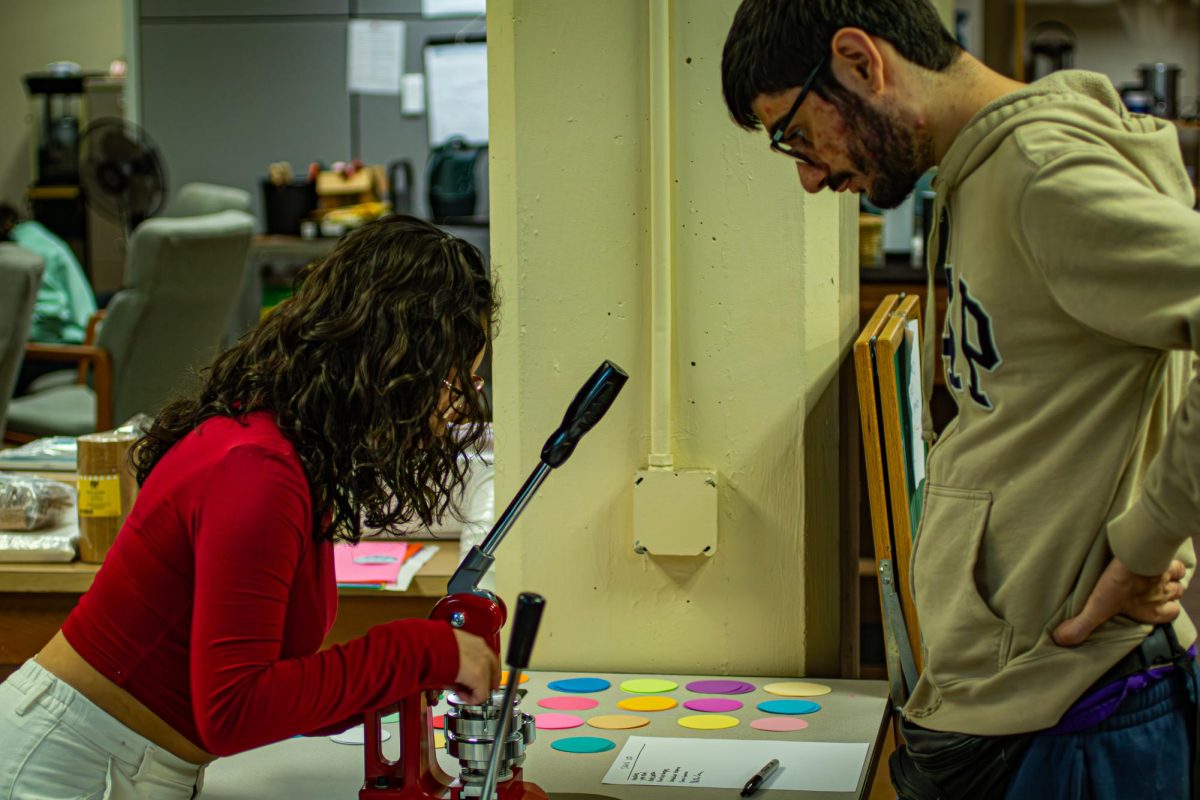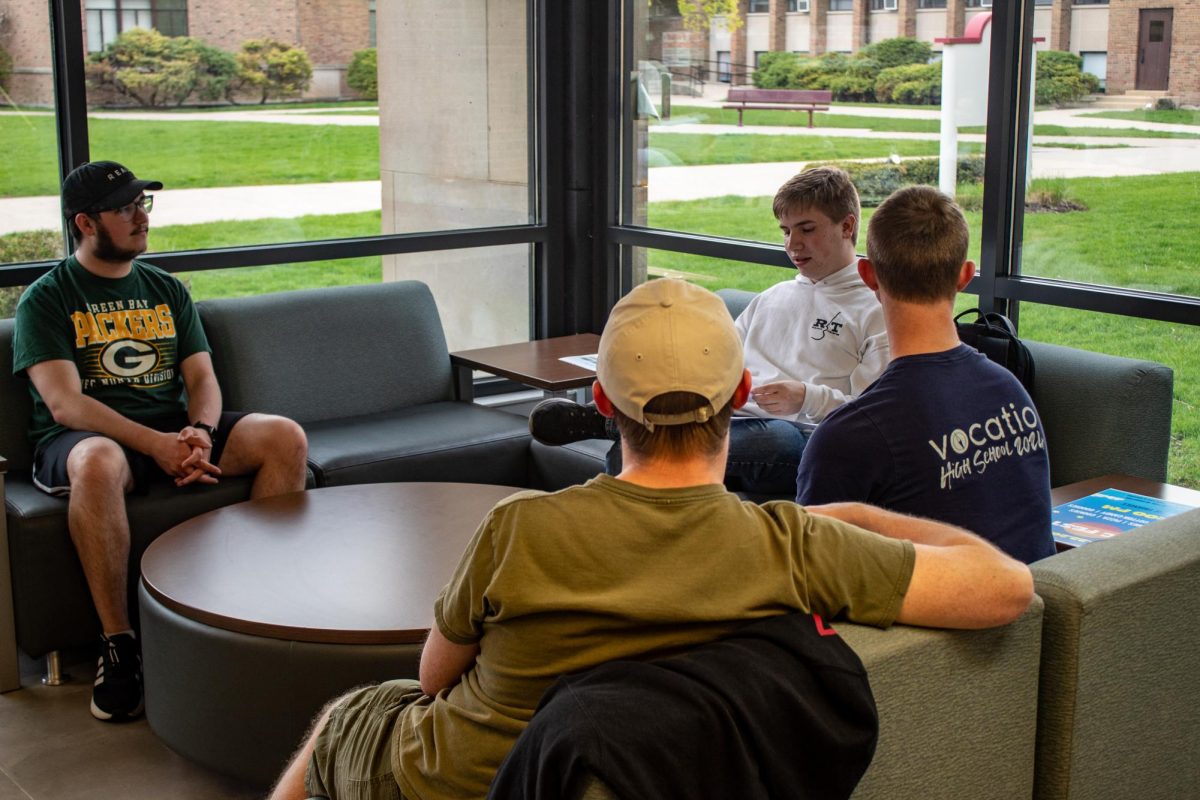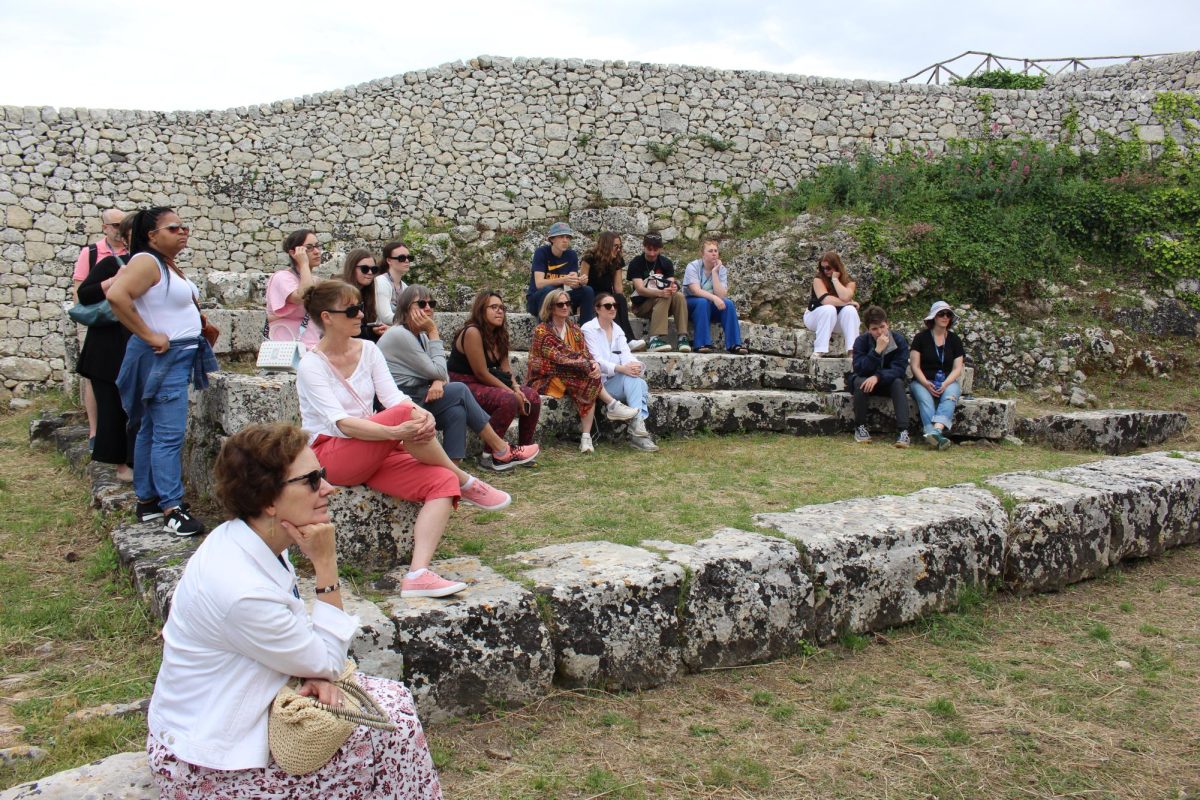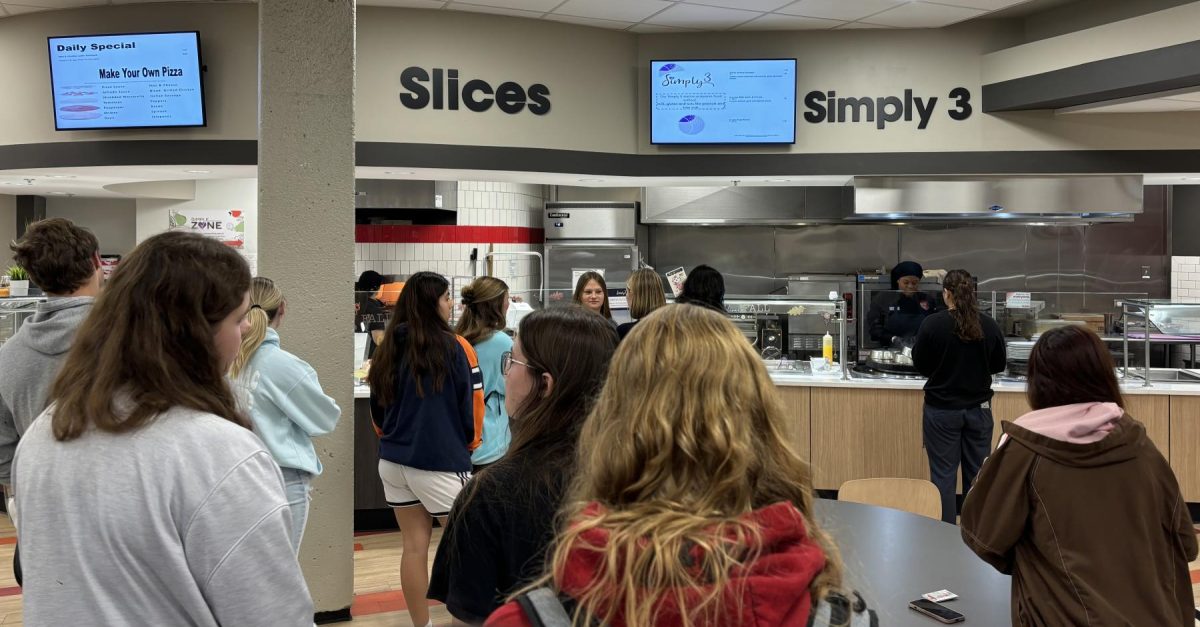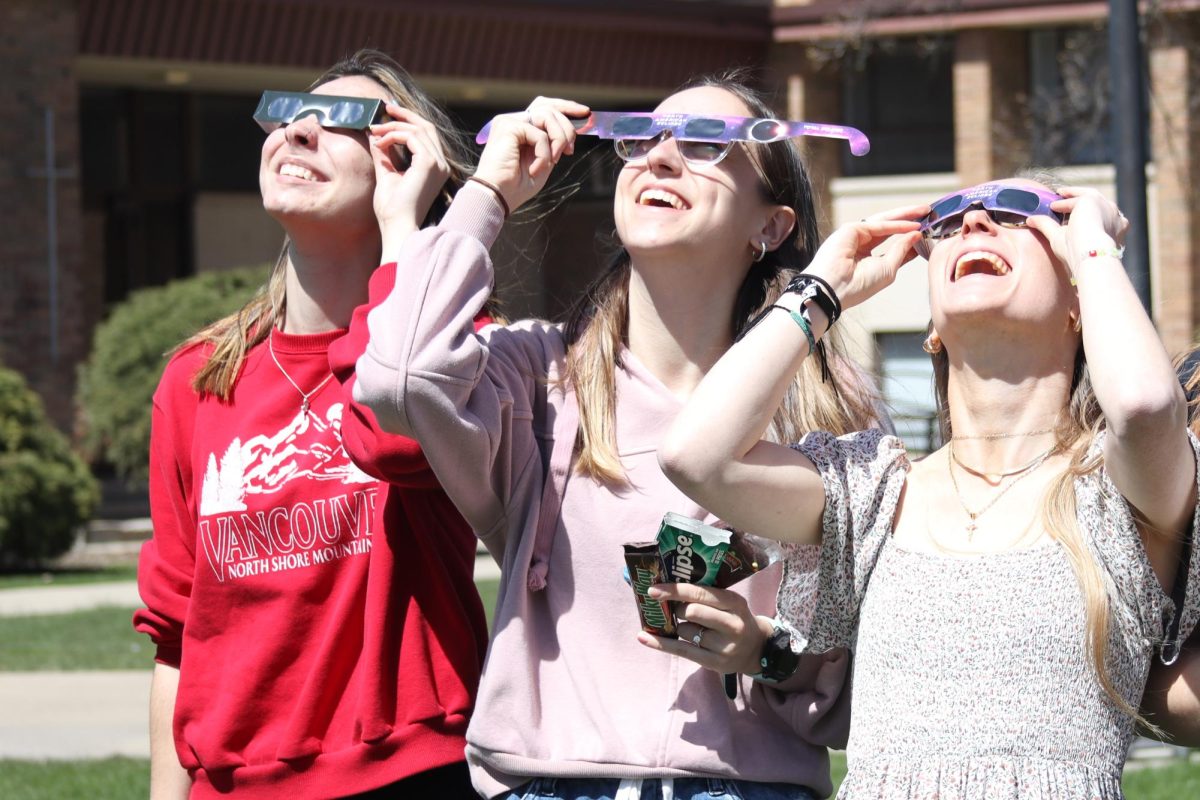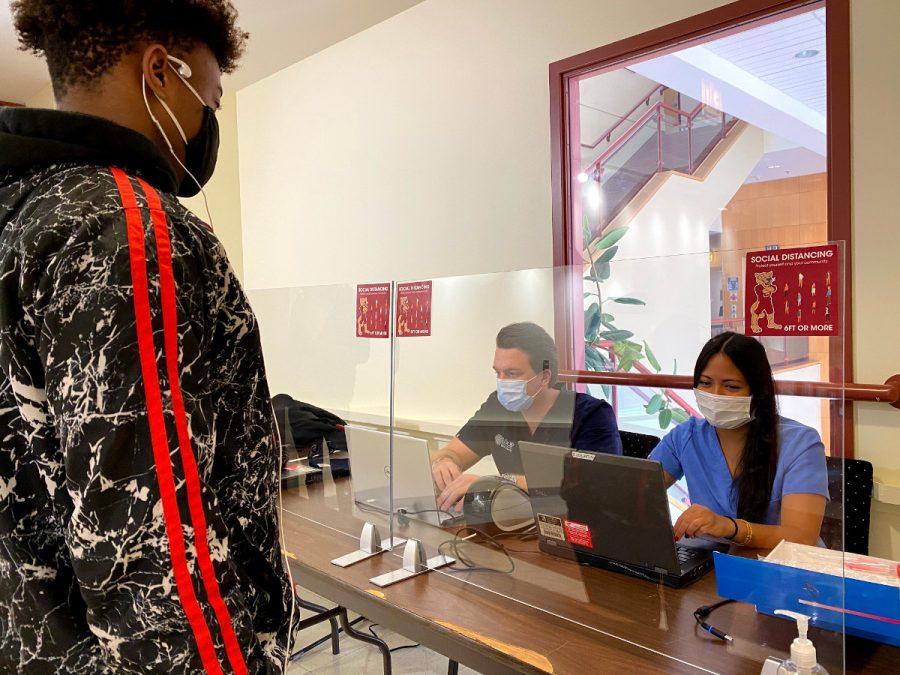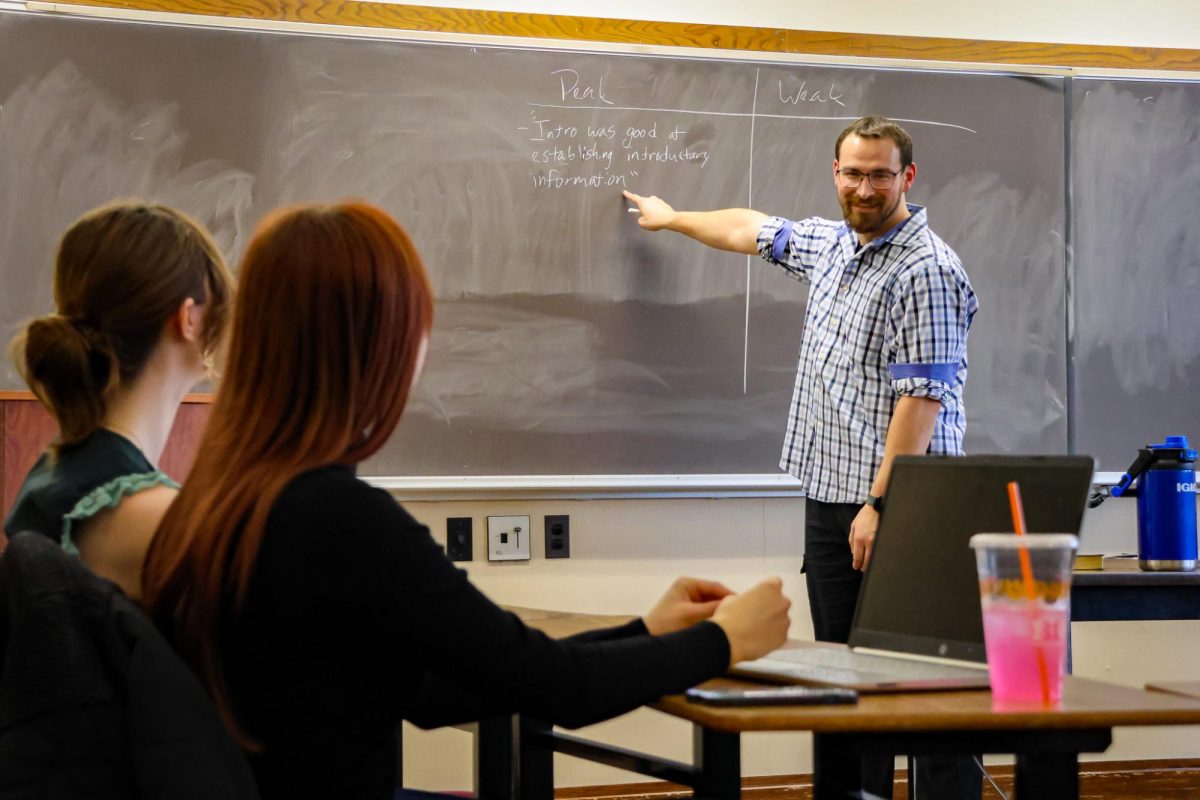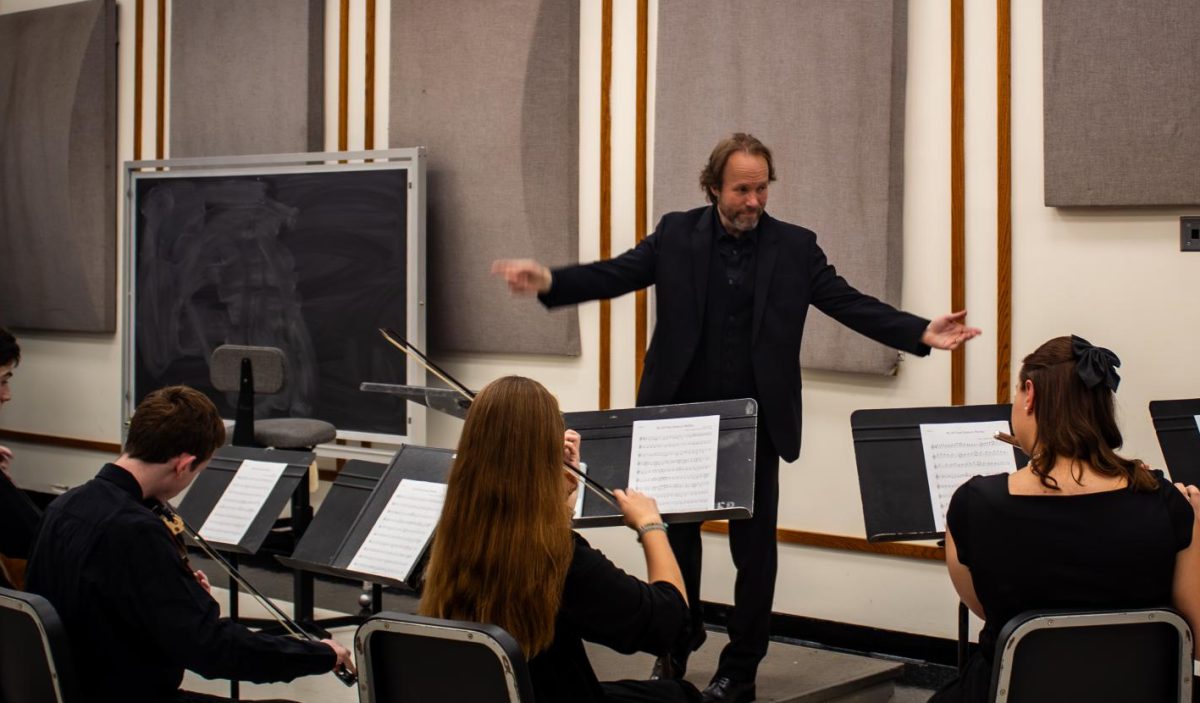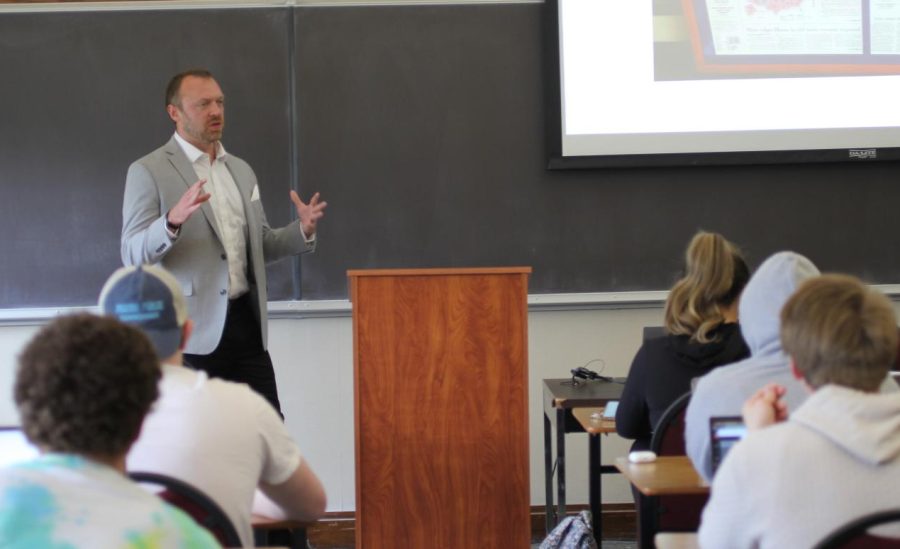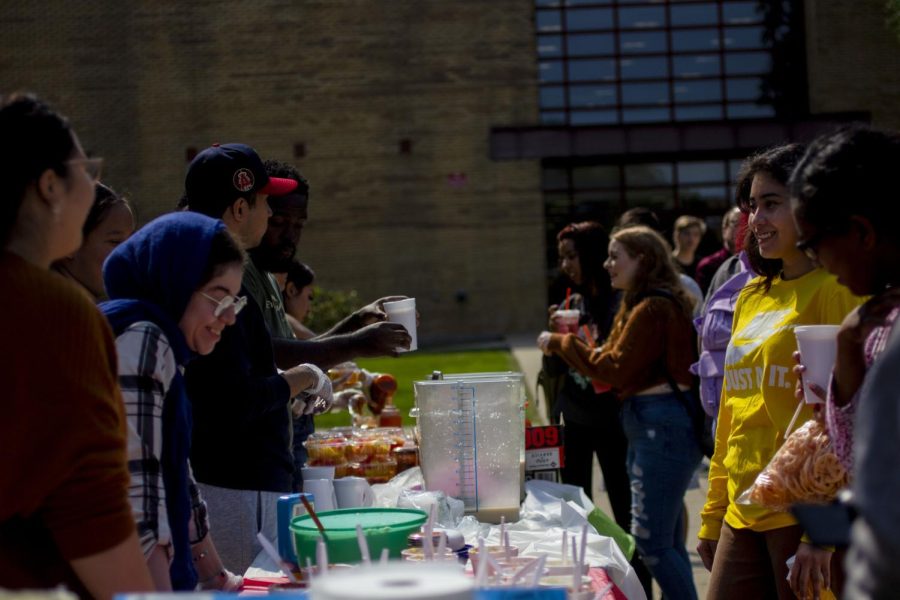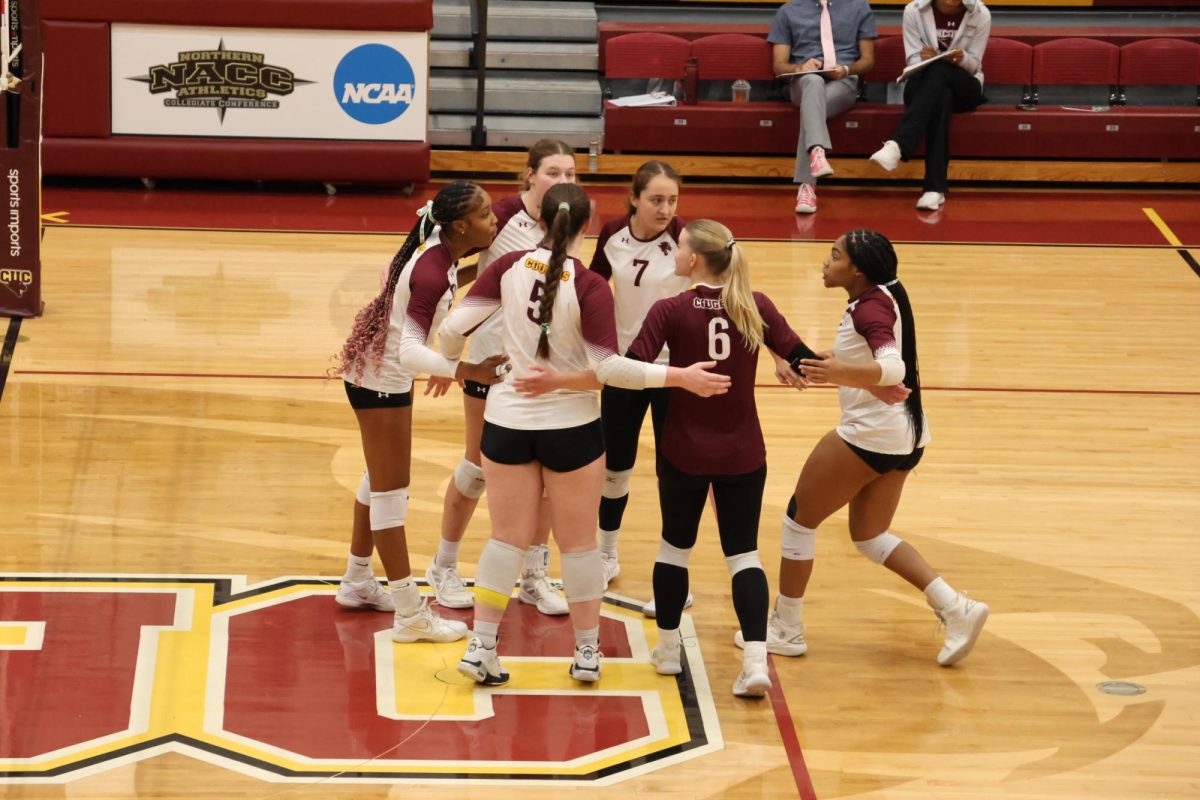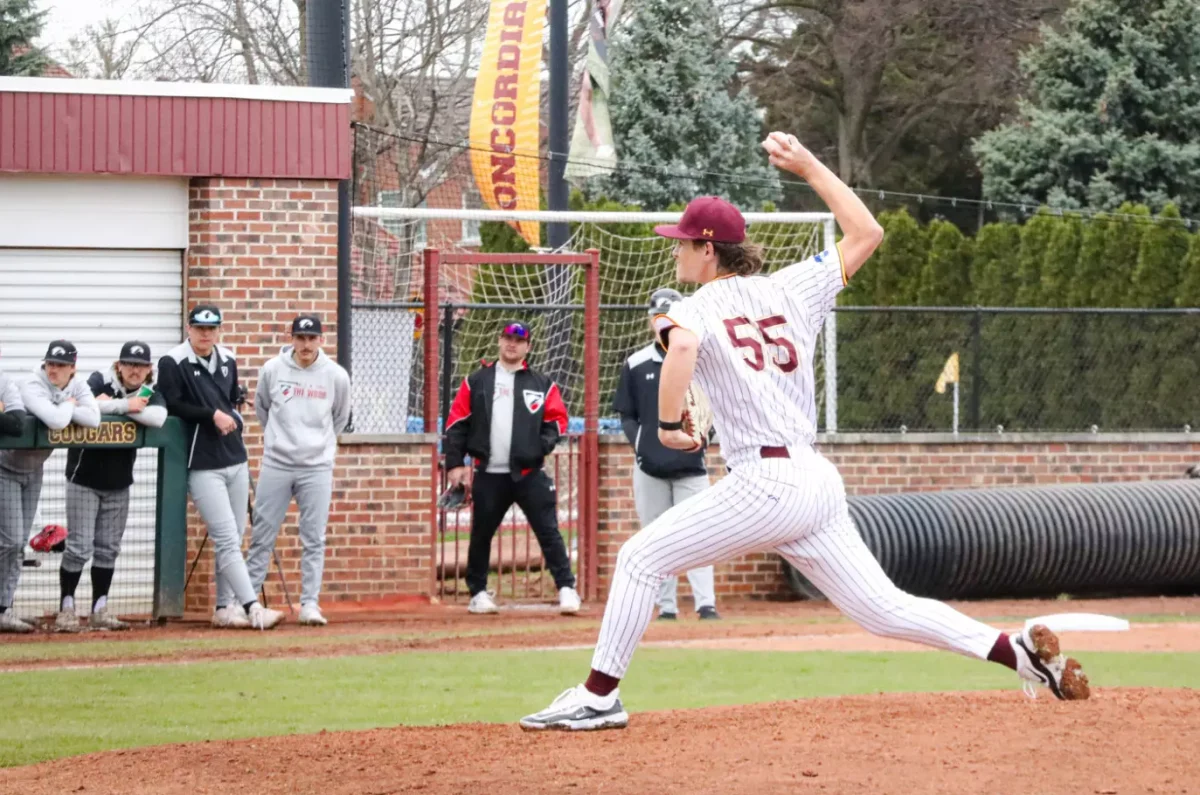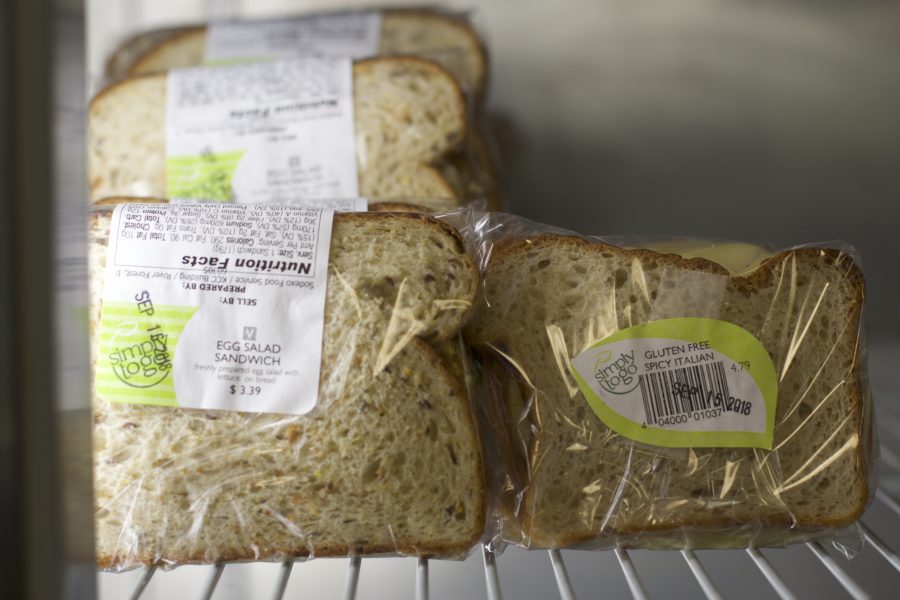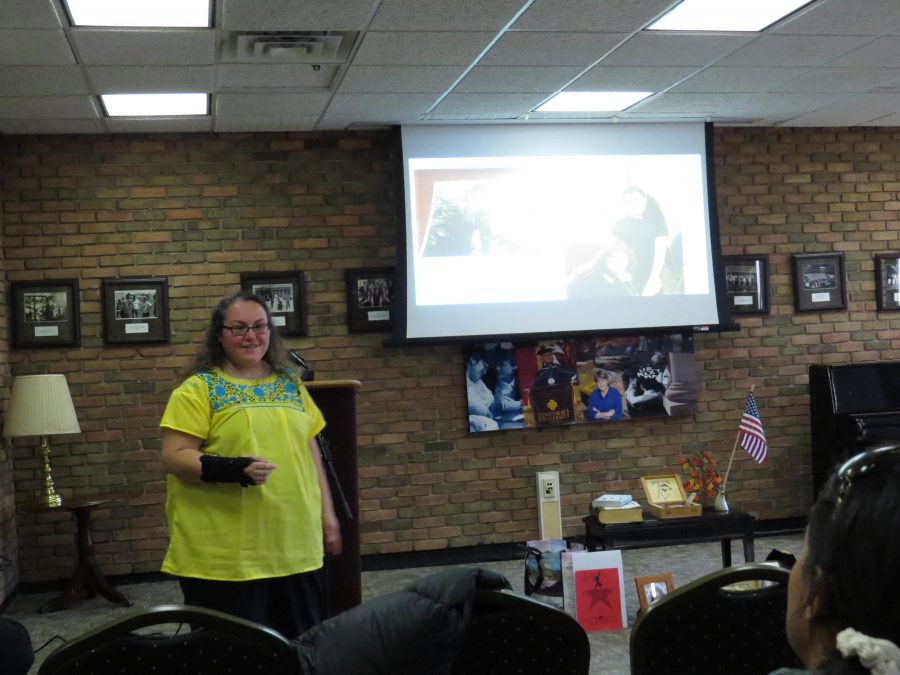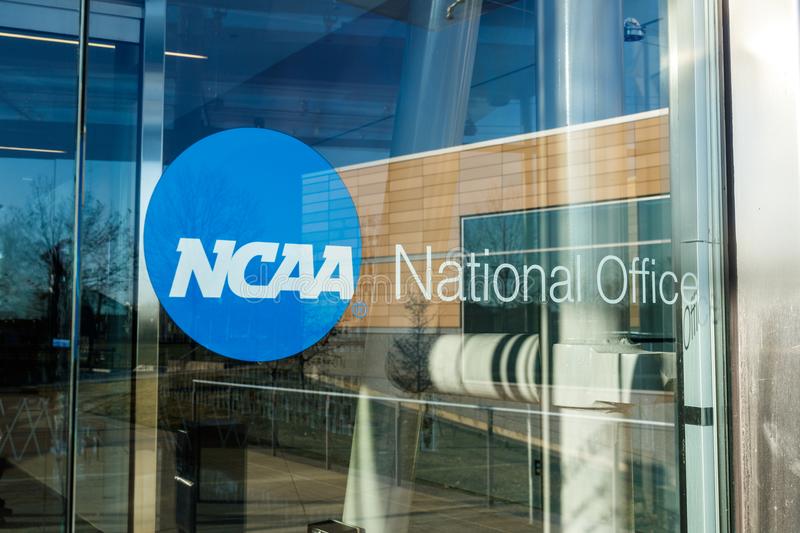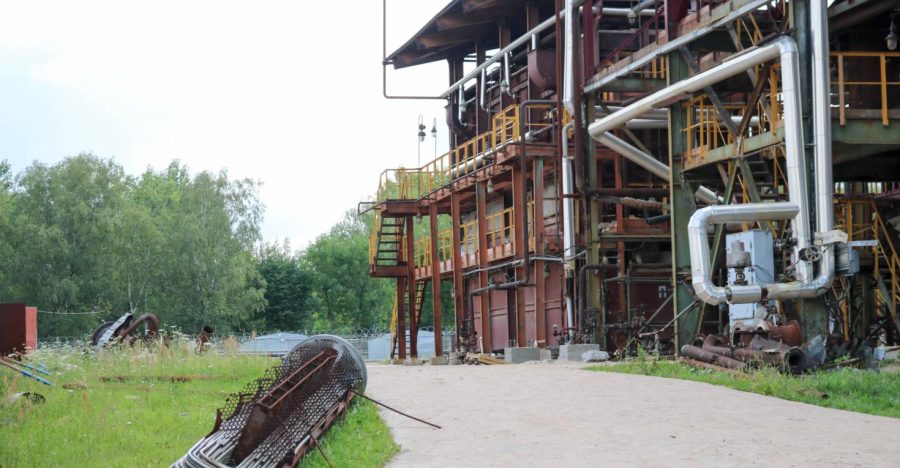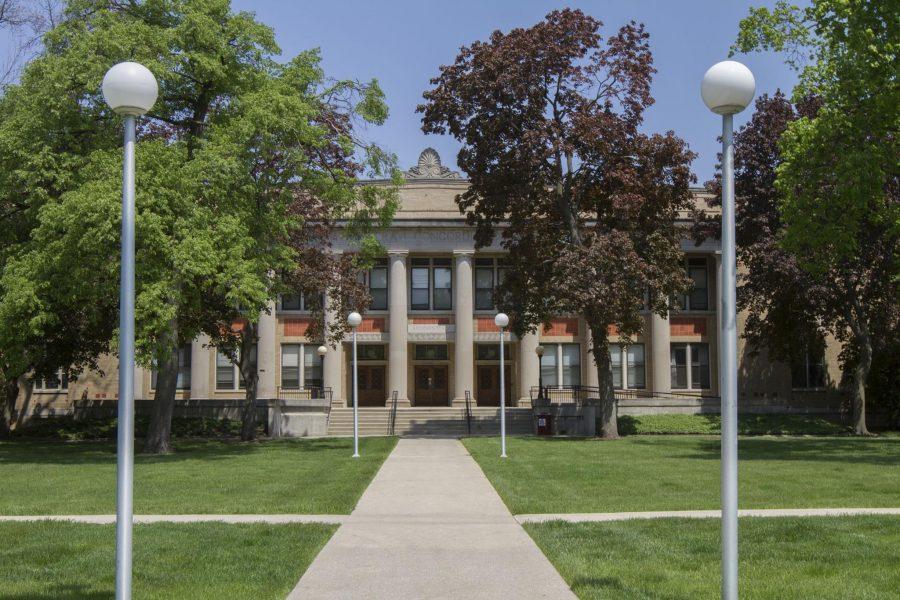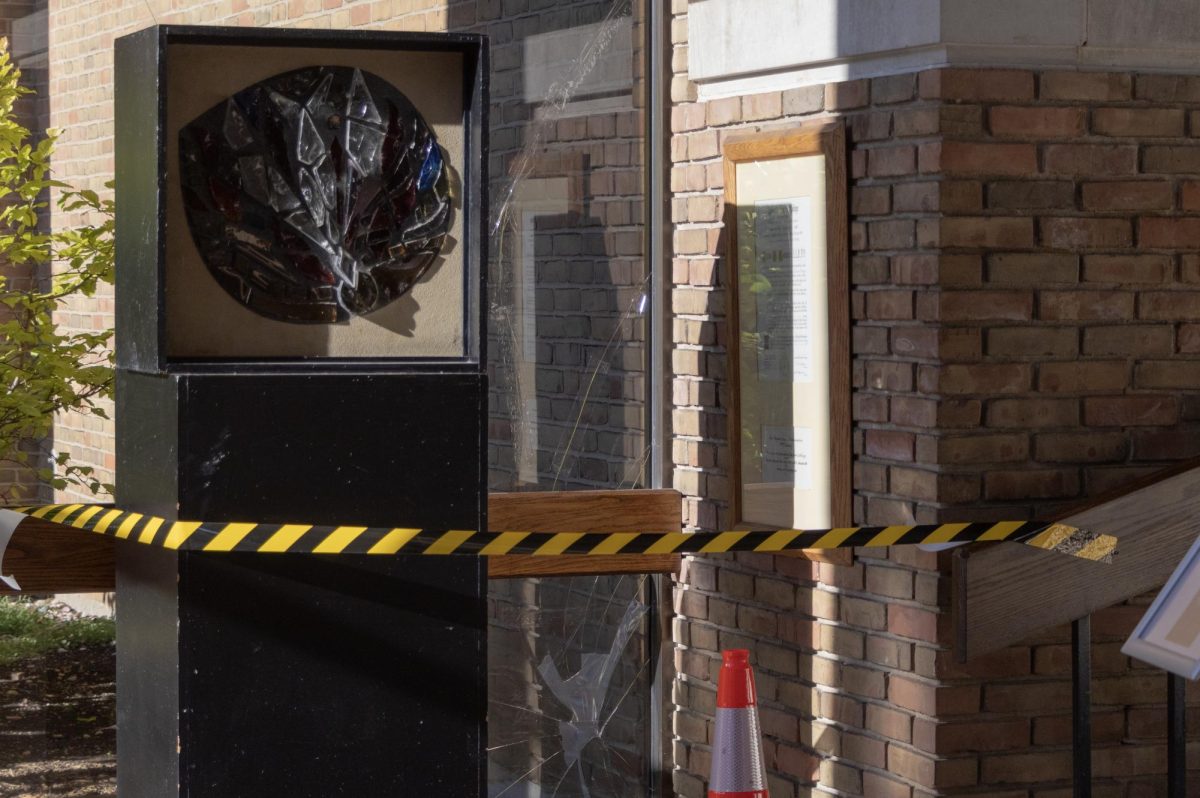by Karina Kosmala
With the diverse number of students at Concordia University Chicago (CUC) attending several classes and events during various parts of the day, questioning their safety is not a prominent thought that crosses every student’s mind as they are on campus.
CUC students, Elizabeth Real, and Gisela Martinez, both commuter students, for the most part, feel safe on campus. However, they mention that there are certain situations where they felt that there should be more protective measures such as hiring security guards.
Take for instance, that everyone and anyone can step foot on campus without necessarily being associated with CUC.
According to Dave Witken, Director of Public Safety at Concordia University Chicago, “What I tell parents is that ‘we are open like a mall’, so we are open to the public, we have many public members walking through campus. We try to make sure campus is as open as possible, which is a good thing for the community to try and get their support, but it also causes issues for security or planning for some emergencies.”
Martinez experienced that ‘open to the public’ situation at Dominican University campus as well, “I walk on their campus like nothing. I chill in their buildings. They ask me where certain things are on their campus.”
Real adds that “She (Gisela Martinez) even went on the Dominican bus without getting an ID.” Real visited Dominican’s campus as well late at night sporting an “I Love CUC” pin on her backpack and no one would question why she was there either.
When it comes to the safety of Concordia University Chicago, the DPS employs full-time officers and students who monitor the CUC campus 24 hours a day, seven days a week.
DPS trains their staff and student workers in fire threats, bomb threats, floods, and weather emergencies through the use of summer workshops and yearly testing with the River Forest Police Department (RFPD) and River Forest Fire Department (RFFD). The other trainings consist of 80-120 hours of training prior to being tested on policies and procedures.
The summer workshops consist of putting them in real situations, such as putting out fires, setting up targets to demonstrate the use of pepper spray, and providing the gear for self-defense. Amongst that, the employees are trained yearly on certain codes for emergencies.
“I feel that we are trained, of course, the people who work full-time are more trained, but like I said, it’s not like we get trained once, and we forget about it. We are constantly trained, we are trying to do our best to secure the premises of Concordia,” says LaDontis Turner, one of the DPS student workers.
Besides the actions being taken to ensure that the DPS students and officers know the ways to respond to emergencies, Director of Public Safety, Dave Witken, is taking measures to guarantee those police officers also have extensive knowledge in how to handle emergencies such as active shooter situations.
“I’m working with Forest Park police department to have a trainer, FBI class here, for an active shooter, it will be training police officers to be trainers to teach their police departments how to handle active shooters. The FBI will be here this year instructing police officers to become active shooters trainees for the department and we’ll have a couple scenarios on camps. My goal is once I meet the person running the program for the FBI, is to try to include people on campus,” says Witken.
Although, whenever there is an emergency situation that occurs around CUC campus or that can potentially impact CUC campus’ students and faculty, the DPS works with the community authorities to respond to the issue in a timely manner. The rest of the CUC students, staff, and faculty would be notified in a timely manner by email, text, website messages unless a technological issue occurs.
However, in other situations, students and faculty should know the proper way to respond to dangerous circumstances. These circumstances include, but not limited to, not leaving a building during a hard lockdown or not being outside during harsh weather, that includes a thunderstorm. Witken mentioned that in his presentation that he gives to the parents about campus safety, he added a new slide about Weather and how it’s important to enforce the idea that their children should have a weather app on their phone to be aware of any potentially harsh weather.
Most importantly, Witken stresses that in order to ensure the safety of CUC students is that if there are students report any suspicious activity that they see on campus so that the DPS and the Police Department can take care of the situation.


